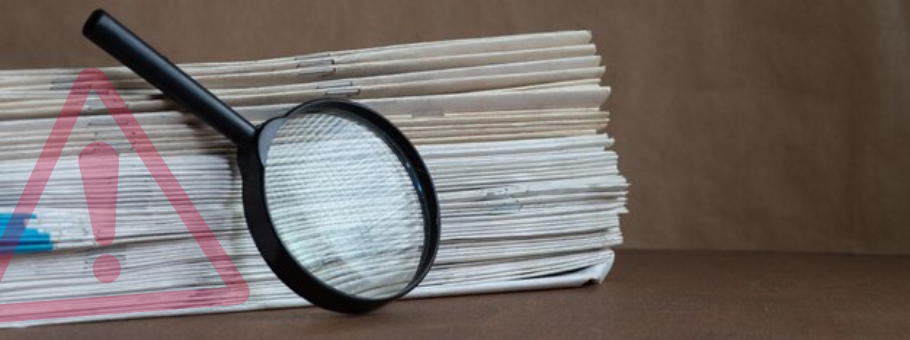How to Confront Scientific Misconduct

If you are a researcher at a university working on a new drug and the company with whom you collaborate sends you a publication for your approval. You request to see the raw data on which the conclusions have been based but they refuse. After much controversy and evasion they show you part of the data, and it does not support the paper’s conclusions at all.
Misconduct is the Policy
So far so good. You avoided putting your name on a bogus publication. But what if this is not an isolated incident? What if you see a pattern of the company consistently denying access to data? How do you to change the situation? This is the quandary that Aubrey Blumsohn claims he found himself in several years ago. His story shows some of the difficulties in confronting scientific misconduct.
The following covers the case of Aubrey Blumsohn who got fired from the University for becoming a whistleblower. How he could have done things differently to avoid the consequences?
Working within the System
When Blumsohn was first denied access to data, he raised the issue with the university. After all, their contract with the company stated that they had the right to see all data. He was referred to the head of human resources. Nothing changed. Having lawyers write letters worked no better. Increasingly frustrated, Blumsohn finally announced that he was going public with the story.
Blowing the Whistle
The good news: not long after the story broke, the company did release the data and promised to do so in the future. The bad news: Blumsohn was fired. Although Blumsohn eventually made a financial settlement with the university, he admits that he wished he had done some things differently.
Suggestions
Appeal to Self-interest
Stress to the decision makers how the current situation is damaging the university, how a bogus paper will be a terrible black eye and will hurt funding. Better to solve the problem before there is an incident.
It’s Not Personal
Focus on the problem: the data, the contract. Don’t let the issue degenerate into a battle of personalities. When an issue becomes personal it becomes a feud that can destroy both sides.
Document
Take notes through the process, handwritten notes, since these are given more weight in a court of law. You will need this documentation if worse comes to worse.
Plan for the Worst
If you foresee a bad ending, start looking for a new position early on. It’s easier to get a new job when you still have one.
Becoming a whistleblower should not be done lightly. The consequences may hurt your career, at least in the short run. But doing nothing may hurt it more in the long run. If the issue is one you feel is important enough, and working within the system has failed, becoming a whistleblower may be the only honorable option. Few whistleblowers look back with regret on their actions. But like Blumsohn, they often wish they had done things a little differently.










Good. I found this interesting to take note for future occurrences. Scientific misconduct, whistleblowing and looking back with regrets.
Thanks.